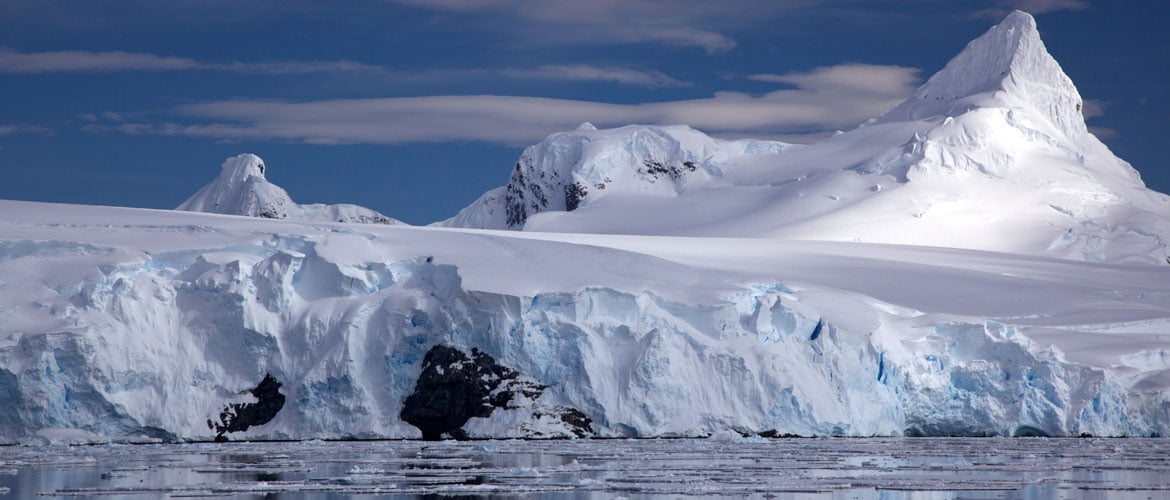The signs of accelerated Climate Change keeps getting grimmer. After 2016 saw records of hottest months ever

Meanwhile, the Arctic sea ice has hit a new low, in keeping with recent trends. This February, the sea ice cover has contracted to 5.38 million sq miles. Climate scientists are also working on not just measuring the loss in Arctic sea ice, but also on measures that can be taken to arrest a trend where the Arctic is expected to be free of sea ice well before 2050. Among other measures, physicist Steven Dench and his colleagues from the Arizona State University have come out with plans of constructing 10 million wind-powered pumps over the Arctic ice cap to add to the depleting thickness of the ice. It would take $500 billion for this project to work. As for now, the gradual loss of the polar ice caps seems inevitable.
Arctic sea ice
Climate Change
conservation


